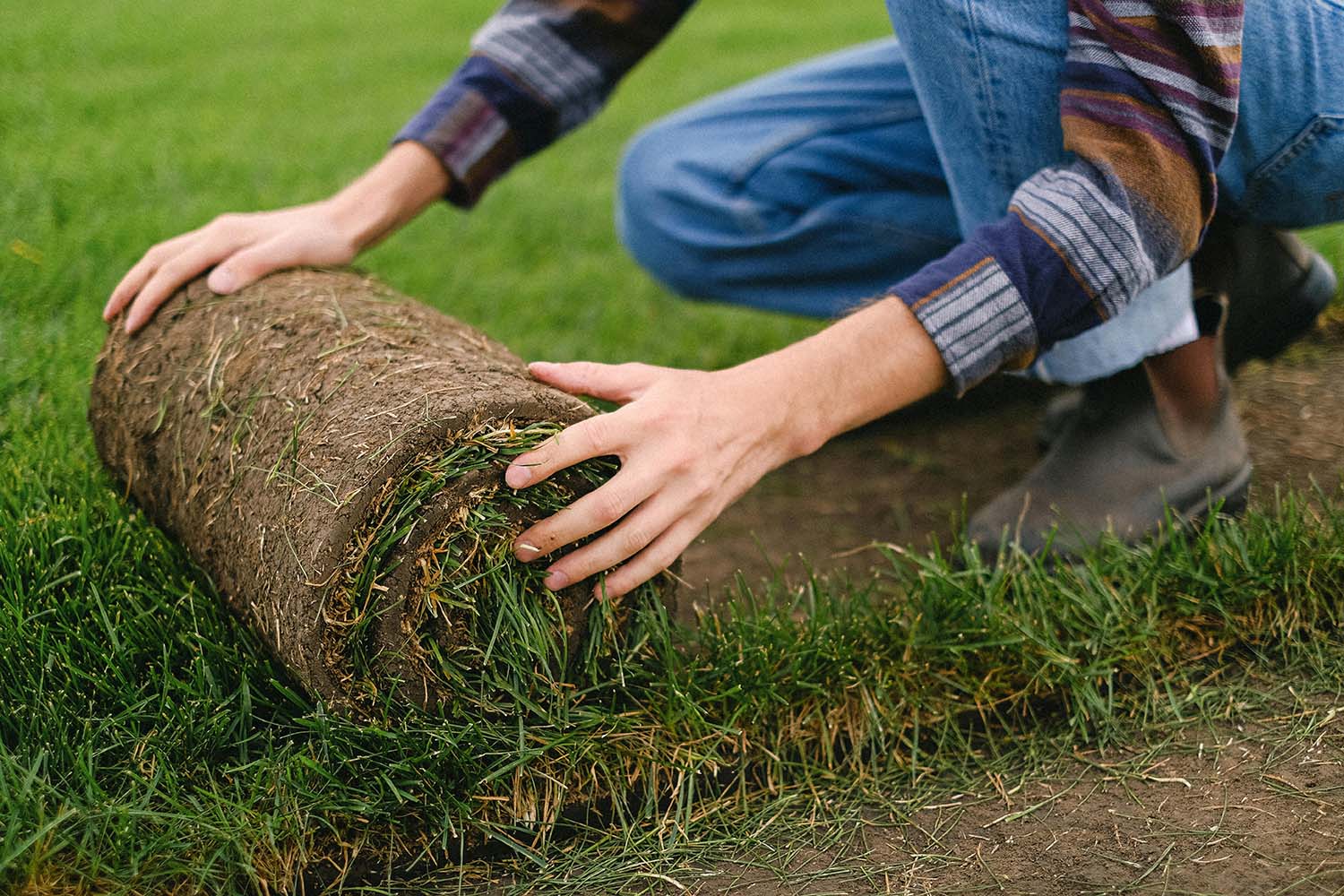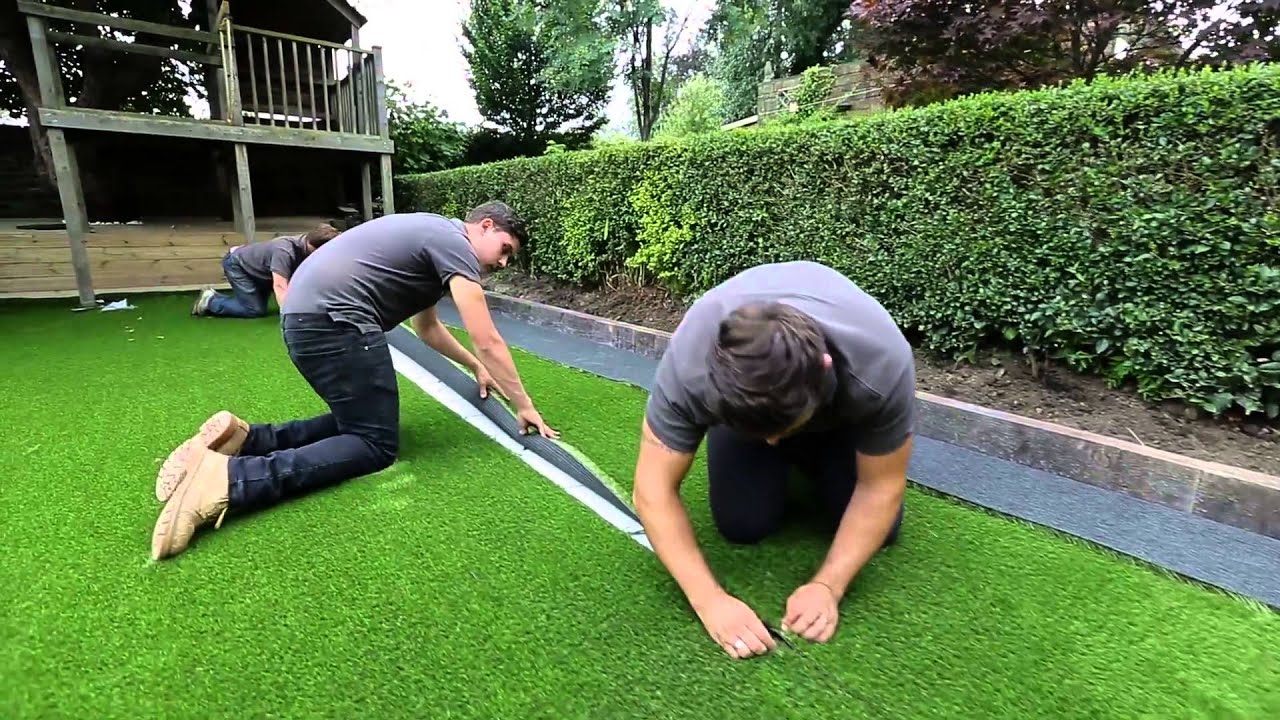Well-Known Artificial Turf Companies Phoenix for a Lush and Green Lawn
Wiki Article
Explore the Environmental Conveniences of Opting for Synthetic Grass Solutions
The fostering of man-made grass options offers a compelling chance to attend to pushing ecological challenges. By considerably minimizing water use and decreasing the application of damaging chemicals, these options not just advertise lasting landscape design yet also safeguard local ecological communities.Water Preservation Benefits
One of the most considerable advantages of artificial lawn is its capacity to save water. In contrast, artificial lawn does not require watering, considerably decreasing the overall demand for water sources.By getting rid of the need for routine watering, synthetic grass adds to sustainable landscape techniques and assists minimize the environmental influence of excessive water consumption. In addition, the conservation of water encompasses the reduction of runoff, which can cause soil disintegration and river contamination.
In addition, the installation of synthetic grass enables districts and house owners to allot water resources much more successfully, concentrating on vital usages such as alcohol consumption water and agriculture. The shift towards fabricated turf not only advertises responsible water usage however additionally aligns with wider ecological objectives focused on maintaining all-natural resources.
As areas progressively focus on sustainability, the water conservation benefits of synthetic grass offer a compelling case for its fostering in commercial and domestic landscaping projects.
Decreased Chemical Use
The change to man-made turf considerably reduces the reliance on chemical treatments generally used in all-natural yard maintenance. Standard turf administration generally includes the application of plant foods, herbicides, and chemicals to advertise development and control parasites. These chemicals can pose threats to human health, regional wildlife, and the setting, contributing to soil and water contamination.In contrast, artificial turf eliminates the requirement for these dangerous compounds. By reducing the launch of artificial substances right into the ecological community, man-made grass advertises healthier soil and water systems.
Moreover, the lack of chemical overflow connected with synthetic grass setups aids safeguard neighborhood rivers from contamination, supporting water life and maintaining biodiversity. Turf installation phoenix az. As neighborhoods increasingly focus on lasting practices, going with artificial turf provides a sensible option that aligns with environmental conservation objectives. With this shift, building proprietors can appreciate lavish eco-friendly rooms without jeopardizing environmental wellness, leading the way for an extra lasting future
Lower Carbon Footprint

Furthermore, the installment of synthetic lawn can result in significant water preservation. Natural grass call for considerable amounts of water for watering, which not only adds to the carbon impact connected with water extraction and therapy yet likewise pressures regional water sources. On the other hand, fabricated lawn needs marginal maintenance, calling for no watering, consequently dramatically lowering water usage and its linked energy prices.
Furthermore, the longevity of man-made grass contributes to its lower carbon impact. With a lifespan of up to 15 years or more, the demand for regular substitutes is reduced, leading to much less waste and lower energy consumption in production and throwing away standard yard alternatives. Overall, fabricated grass presents a lasting alternative for environmentally mindful landscaping.
Habitat Preservation
Environment conservation is a vital consideration in the argument over landscaping selections, particularly when contrasting synthetic lawn to all-natural grass. Natural yard lawns frequently call for substantial maintenance, consisting of making use of herbicides, plant foods, and chemicals, which can adversely affect local ecological communities. These chemicals can seep into the soil and rivers, damaging indigenous vegetation and animals and interrupting regional habitats.
On the other hand, synthetic lawn provides a chance to decrease the environmental footprint of landscape design. By choosing artificial lawn, property owners can reduce the disruption of natural environments connected with traditional lawn treatment practices. Man-made lawn eliminates the need navigate here for damaging chemicals, consequently protecting nearby wild animals and keeping the integrity of surrounding ecosystems. Moreover, the setup of fabricated lawn can lead to the conversion of former lawn locations right into more biodiverse landscapes, such as pollinator yards or indigenous plant areas, which can support neighborhood wildlife.
Inevitably, the shift to fabricated grass not just saves water and reduces maintenance initiatives yet also promotes an extra harmonious partnership in between human activities and the natural surroundings, promoting environment conservation at the same time.
Long-Term Sustainability
Lasting sustainability is an important variable in evaluating the benefits of synthetic grass over standard yard yards. Among the most substantial advantages of synthetic grass is its longevity; it can last approximately 15-20 years with minimal upkeep, whereas all-natural yard calls for constant reseeding and substitute. This longevity decreases the requirement for consistent resources, such as water, fertilizers, and pesticides, which are vital for maintaining a healthy and balanced turf lawn.In addition, synthetic grass adds to a reduction in carbon exhausts related to lawn care tools. Typical yards frequently require gas-powered lawn mowers, leaners, and blowers, all of which contribute to air pollution. Arizona turf. In contrast, synthetic grass gets rid of the demand for such tools, advertising a cleaner atmosphere
Moreover, the production of fabricated lawn increasingly makes use a knockout post of recycled products, boosting its sustainability account. As producers take on environmentally friendly methods, the environmental impact of synthetic grass remains to lessen.

Verdict
The adoption of synthetic grass solutions presents significant ecological benefits, including significant water preservation, decreased dependence on dangerous chemicals, and a reduced carbon impact. Moreover, synthetic grass help in preserving all-natural environments by decreasing land disturbance and advertising lasting sustainability through using sturdy materials. Collectively, these variables highlight the potential of fabricated grass to contribute positively to ecological wellness and offer a feasible choice to conventional landscaping techniques in a progressively resource-conscious globe.In contrast, man-made turf does moved here not need watering, considerably reducing the general need for water resources. By reducing the release of artificial compounds into the environment, artificial grass advertises much healthier soil and water systems.
Furthermore, the installation of fabricated lawn can result in substantial water preservation. In contrast, artificial lawn requires minimal upkeep, requiring no watering, therefore substantially minimizing water use and its connected power prices.

Report this wiki page